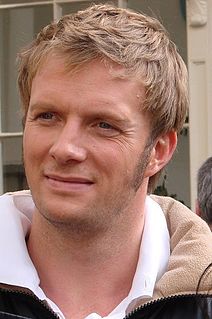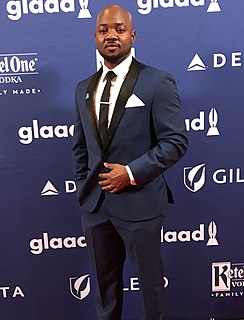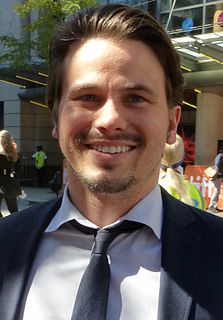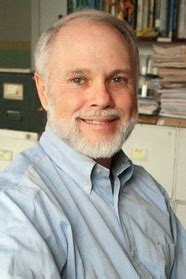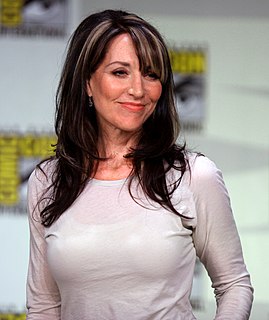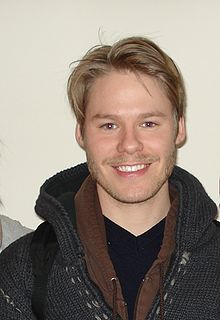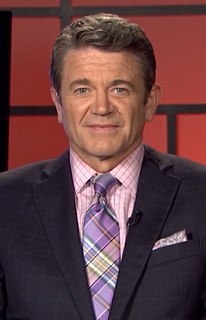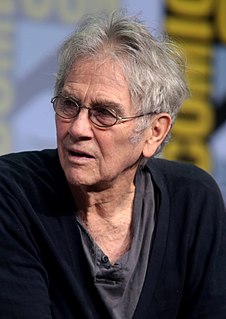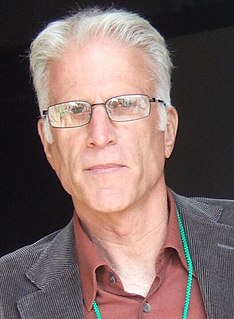A Quote by Rupert Penry-Jones
My parents didn't want me to be an actor. They didn't think I could take the rejection, and I have to say they were probably right.
Related Quotes
How I was raised was, there were no rules - nothing like that. If I wanted to take a drug because I was in school and everybody was doing it, I could go to my parents and say, "I really want to try this." And they'd say, "If you do this, O.K., but this is what can happen to you..." They'd say, "Don't get it in the streets, because it could be really bad and make you freak out. Don't take it in a crowded place, because you'll panic."
I wanted to play characters that were going to make me better and really challenge me to raise my skill level up or that were just interesting to me personally. I want to be the best actor I can be, and I want to be the most creative actor I can be. I want to take on roles that will move the chain to where I finally want to go.
One of the fun things as an actor is to find a character that if you were to look up a rap sheet about them, you might say, 'I don't really necessarily want to hang out with this guy' or 'I would never be this kind of guy in my life.' I think it's part of an actor's job to say, 'Maybe you could be.'
'Dad, Dad, I'm getting married.' 'Sh-sh, don't say it. Nothing, nothing. Don't do anything.' So he honestly - 'cause he was taught don't celebrate - they'll take it away from you. And his parents were taught that, and his parents and parents' parents. Because if you did celebrate, and you were visible, it could be very, very dangerous.
Think about reading: Today, parents would love it if their kids read books more because the parents understand the books. Just over 100 years ago, parents were upset because their kids were reading dime-store novels. Parents would say, "I don't want you inside reading anymore. Get outside and play." I guarantee you, in 50 years or so, parents are going to say, "You're not going outside to play until you finish that video game."
My parents' deportation gave me so much strength to keep on moving forward, because any type of failure - whether in school or with jobs or rejection from a casting office - nothing could be as bad as what I had already gone through. Nothing could be worse than coming home expecting to see your loving parents and them not being there.
There are many interactions that an actor like me has in public when he gets recognized. The best are 'You're a great actor, good work,' and move on. A very good interaction could be when they say 'You were awesome on 'The West Wing,' 'Loved 'In Her Shoes,' great movie,' 'What Women Want,' good job dude.'
There are many interactions that an actor like me has in public when he gets recognized. The best are 'You're a great actor, good work,' and move on. A very good interaction could be when they say 'You were awesome on 'The West Wing,'' 'Loved 'In Her Shoes,' great movie,' ''What Women Want,' good job dude.
I think it's the actor's job - when you think of being typecast or getting out of the shadow of whatever you've had success in - it's up to you as an actor. The industry will always want to hire you for what you were successful in last and what made money. But you can say no to that and look for other parts.
I always wanted to be an actor, but in Edmonton, Alberta, that's not a success-oriented career. So I said, 'I'll get my (teaching) degree and then I'll see what happens, but I'll always have that to fall back on.' So if anybody were to look at me and say, 'Oh, you're an actor,' I could always say, 'Hey man, I'm a teacher!'
